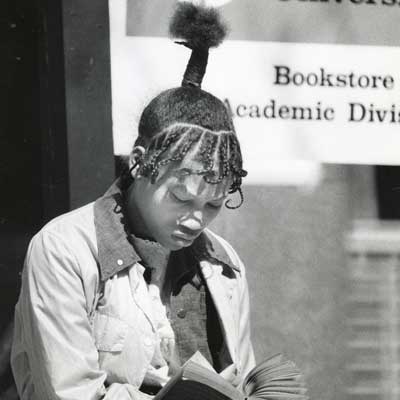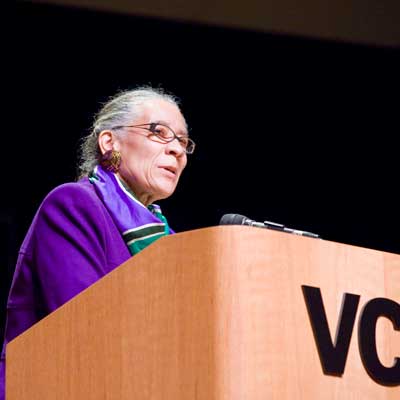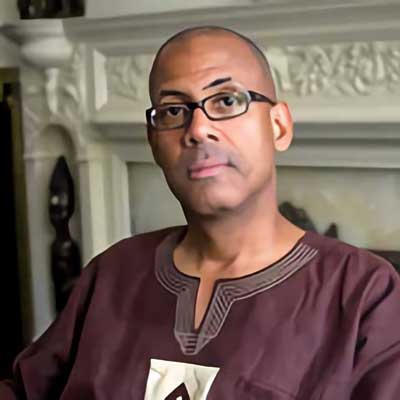History
African American studies began as a European concept. Colonialism brought Europeans to Africa, and these early explorers considered people of African descent as subhuman, vulgar and barbaric. Western academics have generalized about societies and cultures using ethnocentric standards and a racist outlook. Scientists such as Arthur de Gobineau and William Sumner justified racism with social Darwinist ideologies.
Black scholars of the 19th century Pan-African movement wrote about their African American heritage. These new voices in the academy extoll the pioneering struggle of African Americans in the United States.
Pioneers such as W.E.B. DuBois and Marcus Garvey protested the racism in American society and established much of the philosophical discourse that is still in use today. African American studies as a discipline originated as a community-based endeavor sparked by the work of Carter G. Woodson, known as the father of Black history. A visionary, he created the Association for the Study of African American Life and History.






